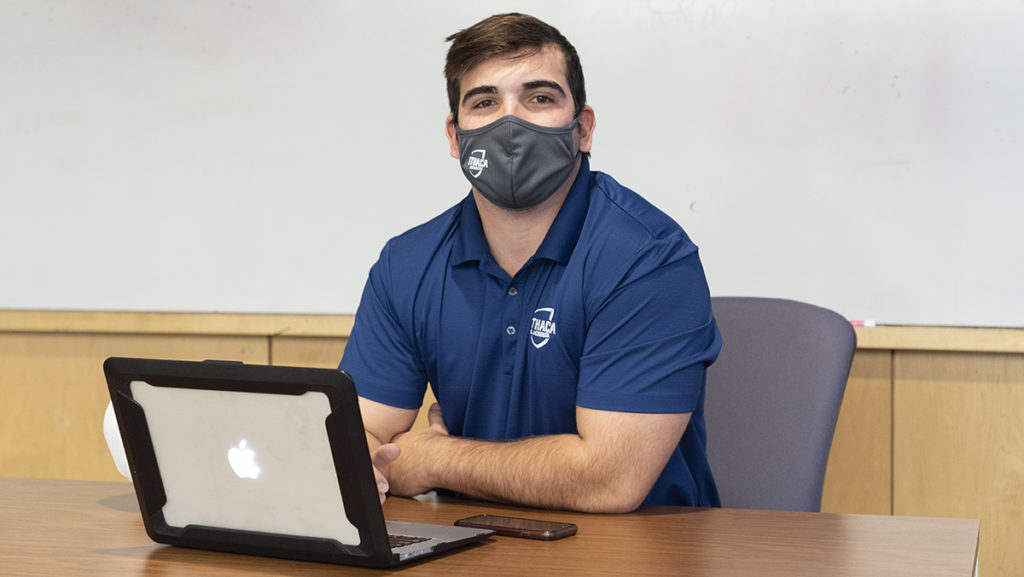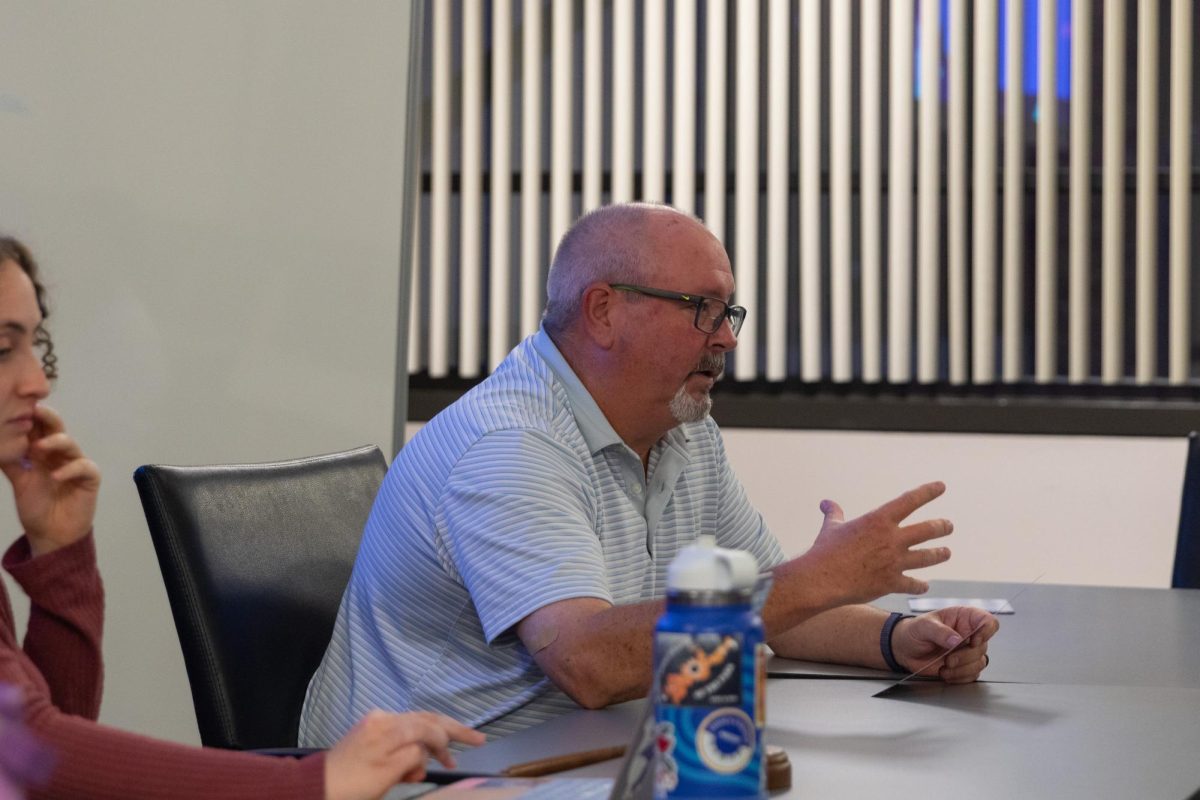With the low rates of financial literacy in undergraduate students, Ithaca College is offering personal finance workshops in order to help students understand interest rates, taxes, budgeting and loans, among other things.
Steven Novakovic, instructor in the Department of Finance and International Business, began the Personal Finance Clinic for Students to give experience to students in the Wealth Management concentration in the School of Business and to promote financial literacy. The clinic is from 5–9 p.m. Monday–Thursday, 5–7 p.m. on Fridays and weekends from 2–4 p.m. in Job 160. The clinic aims to help students with budgeting, handling student loans and planning their financial future.
Novakovic said the benefit of having students run the clinic is that they can provide personal experiences to other students dealing with similar issues.
“This is a place you can go and you can feel like you’re going to be able to talk to somebody who’s been in your shoes before because it’s [run] by students,” Novakovic said.
Novakovic said the ongoing recession and rapid inflation — both of which have resulted in job loss, high quit rates and a decline in the value of the U.S. dollar — has increased the need for financial literacy, as understanding financial problems is the key to solving them.
“One thing that is helpful is just tracking how you’re spending your money,” Novakovic said. “To just be aware of how you’re spending your money and having the stats around let’s you say ‘Is what I am doing positioning me for success or not?’ People can have that fear, but if they don’t know what the numbers are, it’s hard to mitigate that.”
Novakovic said that while most of the personal finance questions college students have are regarding student loans, students are also interested in investing. While the clinic does not offer advice on specific stock investments, it can help students get started setting up a stock portfolio — a collection of investments that someone has regardless of how much knowledge they have.
According to a survey by the National Association of Student Financial Aid Administration, 60% of American college students expect to take out loans to pay tuition. According to the same survey, 15% of students said they felt confident in their abilities to pay off their debt load in the future.
Additionally, the United States reached a record high of $1.6 trillion in student debt in 2020, with the average amount of student debt being $38,792.
Because of the COVID-19 pandemic, college students have had to take out more loans and receive more institutional financial aid.
Senior Catherine DeLessio has a shift at the finance clinic as part of her Wealth Management class. DeLessio said the clinic is a more expert resource for students to learn about how they can better their financial positions.
“I think a lot of students probably would get their information from the internet, and that can’t always be a trustworthy source,” DeLessio said. “I think coming to a student who has been learning about all this in class for four years might be more helpful than maybe using the internet.”
DeLessio said that being able to talk to fellow students can be a less stressful way for learning about the complicated details of personal finance.
“I think it’s really important to have this kind of a clinic happening because coming to students is more comfortable for a lot of people than seeking out professors or experts and asking questions,” DeLassio said.
Novakovic said because personal finance is not taught in the same way classes are, seeking help at the clinic is the best alternative. He said that as of now, not many students have shown up to use the clinic’s features. However, Novakovic said the clinic will remain open and he hopes to see more students take advantage of what it has to offer.
Senior Colin Shust said that when Novakovic started the clinic, it was with the intention of helping students outside the business school receive financial literacy.
“Steve introduced the sessions this year with the Ithaca College student body in mind,” Shust said via email. “In the future, I see the sessions continuing for many years, continuing to help students with the financial issues they may be facing.”








